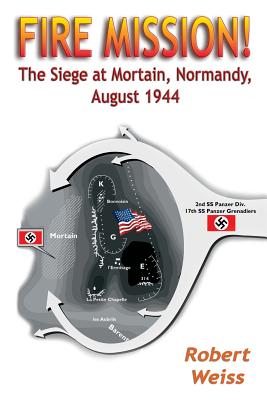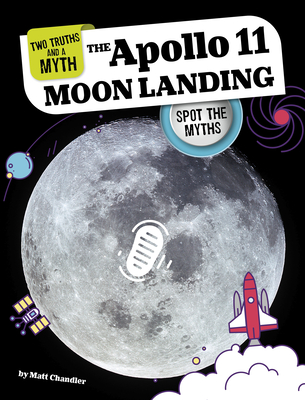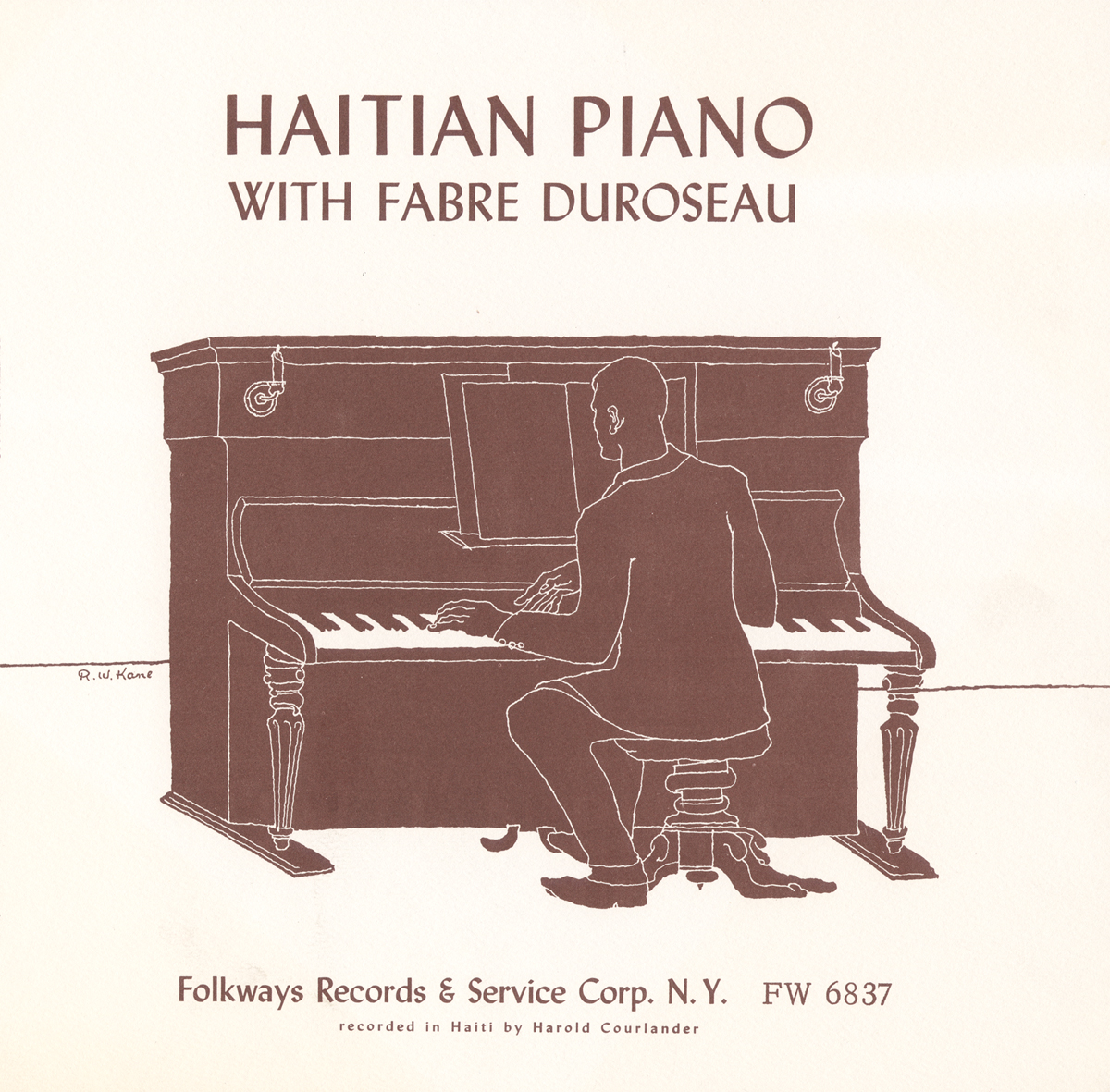
Laslie, Brian D.
product information
description
orce (USAF) stretches back to aerial operations prior to the First World War--well before the USAF became a separate service--and looks forward to a new era of airpower in space. Fighting from Above presents a concise account of this expansive history, offering a new perspective on how the air forces of the United States created an independent way of warfare over time. From the earliest battles of the USAF's predecessor organizations to its modern incarnation, Brian D. Laslie identifies four distinct and observable ways of war that developed over four distinct epochs. Beginning with the development of early air power (1906-1941), he highlights the creation of roles and missions, with bombardment theory and practice ascendant. An era of strategic dominance (1942-1975) followed in which the ideas of strategic bombardment ruled the air force; when such notions were unceremoniously proven false during the Vietnam-era conflicts, a period of tactical ascendancy (1975-2019) began. Finally, Laslie considers the current environment, where much of the story of the USAF remains unwritten as it grapples with the prospects and challenges posed by drones and the U.S. Space Force. While detailing combat operations, Fighting from Above also pays close attention to technology, politics, rivalries, logistics, policy, organization, equipping, and training. Thorough, concise, and innovative in its approach, it is an authoritative, exceptionally readable history of the development of American airpower.
member goods
No member items were found under this heading.
Return Policy
All sales are final
Shipping
No special shipping considerations available.
Shipping fees determined at checkout.







